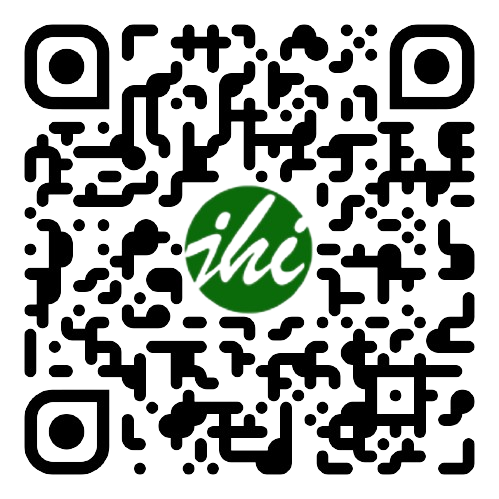Siyasah Pandemi ‘Umar bin al-Khaṭṭāb (Politik Kesehatan ‘Umar bin al-Khaṭṭāb dalam Menghadapi Wabah ‘Amwās Tahun 17-18 H/638-639 M)
DOI:
https://doi.org/10.28918/jhi.v18i2.2848Abstract
This paper to analyze of the respons of Umar bin Khattab in facing the 'Amwas pandemic in 638-639 AD in the perspective of health politics; and find patterns of political health theory practiced by Umar bin Khattab when facing a health emergency. The political theory of health from Bjørkdahl & Carlsen used to construct historical data documented in the hadith and historical books into a theory. The research method used documentation and content analysis techniques. The results showed that, Umar bin Khattab placed health as an important element under the prospect of people's welfare. Umar bin Khattab understood the plague as a natural human reality. This belief used as a knowledge base in shaping policies for handling outbreaks. The first technical implementation is the transfer of limited autonomy to the amir to prevent conflicts of authority. The second implementation is the transfer of value which becomes the standard for practical policy formation. The communication tactics used by Umar bin Khattab were parables and idioms that were in accordance with the understanding capacity of the interlocutor to involve all parties to participate in handling the epidemic.
Downloads
Published
How to Cite
Issue
Section
License

This work is licensed under a Creative Commons Attribution-ShareAlike 4.0 International License.
Jurnal Hukum Islam use a variety of waivers and licenses that are specifically designed for and appropriate for the treatment of data:
- Open Data Commons Attribution License, http://www.opendatacommons.org/licenses/by/1.0/(default)
- Creative Commons CC-Zero Waiver, http://creativecommons.org/publicdomain/zero/1.0/
- Open Data Commons Public Domain Dedication and License, http://www.opendatacommons.org/licenses/pddl/1-0/
Other data publishing licenses may be allowed as exceptions (subject to approval by the editor on a case-by-case basis) and should be justified with a written statement from the author, which will be published with the article.













.png)














